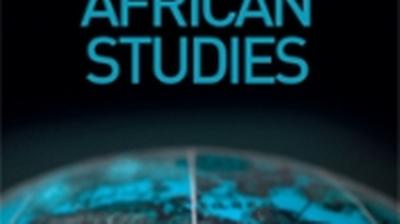Law in Afghanistan: A Critique of Post-2001 Reconstruction
This article provides a critical reflection on the efforts at legal reconstruction initiated in 2001 by the international community and the Afghan government. Its aim is to highlight some of the more controversial factors that accompany the implementation of a foreign model of justice inspired by the ideology of the rule of law. Following Operation Enduring Freedom and the consequent arrival of various international agencies on Afghan soil, the international community (led by the United States) has attempted to bring political stability and democracy to Afghanistan. This endeavor has evolved into a more extensive,and rather controversial, process of reconstruction, which has called into question the mantra of democratization and modernization used to ideologically justify the US-led coalition control of a pro-Western Afghan government. By introducing a reflection on restorative justice and judicial mediation, I argue that the standardization and global circulation of specific models of justice present a series of problems often hidden behind legalistic interpretations. While in Western countries jurists and legal practitioners promote the industry of ‘alternative dispute resolution’ (ADR) and emphasize the recourse to mediation and conciliation, in Afghanistan governments and international agencies implement the rule of law, thus condemning and marginalizing customary practices in the resolution of disputes. Once taken away from the rules of the judicial order, judicial mediation becomes caught in a logic of compromise and deteriorates.








